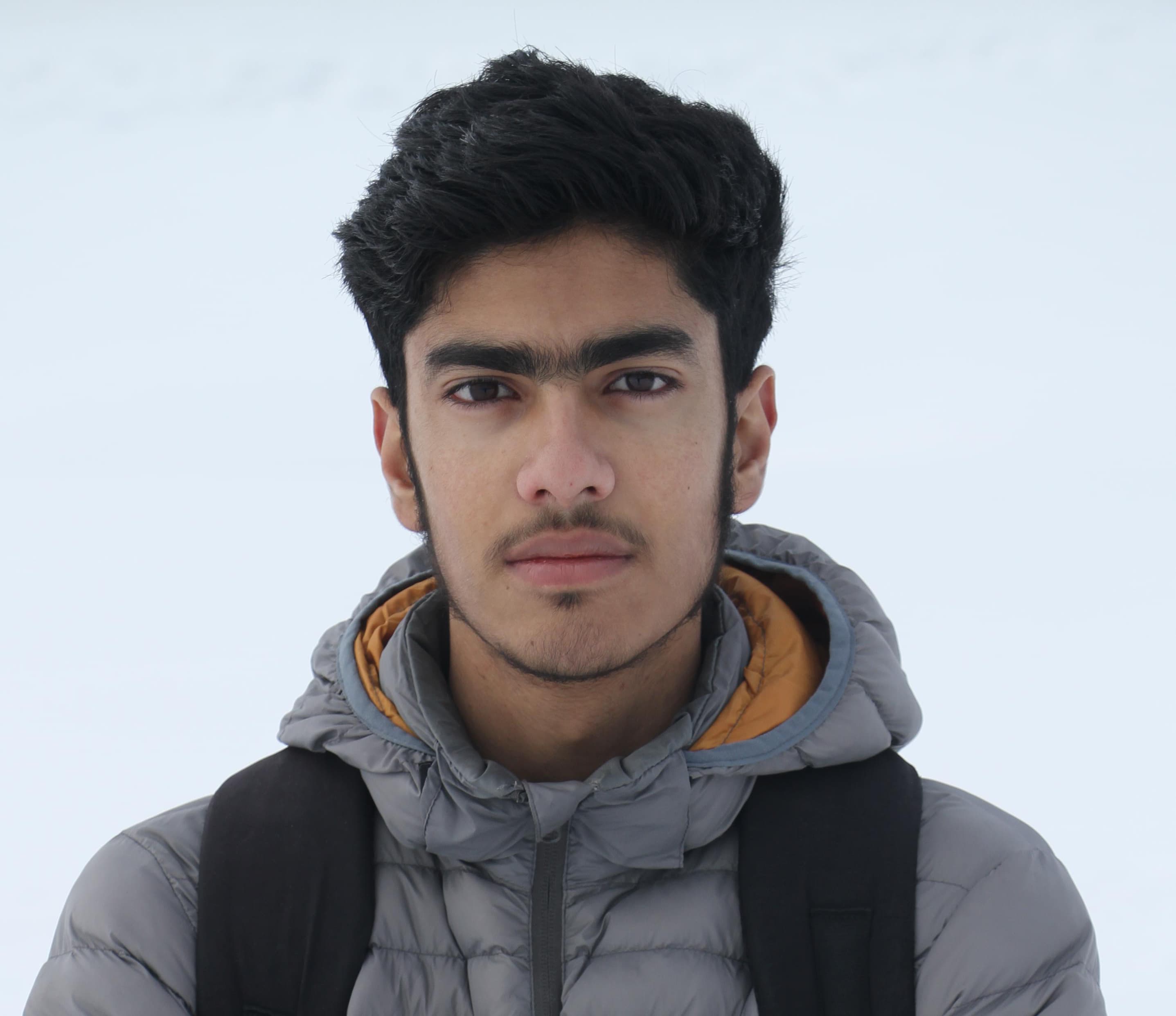- Details
- Written by: Waris Nissar
- Category: ARTICLES
 Introduction: Eid ul-Adha, known as the Festival of Sacrifice, stands as a cornerstone of Islamic tradition, embodying profound spiritual significance and cultural richness. Rooted in the Quranic narrative of Prophet Ibrahim's unwavering devotion to Allah, this sacred occasion serves as a testament to the values of sacrifice, obedience, and compassion. In this comprehensive article, we delve deeply into the historical, religious, and Quranic dimensions of Eid ul-Adha, exploring its origins, significance, rituals, and Quranic foundations.
Introduction: Eid ul-Adha, known as the Festival of Sacrifice, stands as a cornerstone of Islamic tradition, embodying profound spiritual significance and cultural richness. Rooted in the Quranic narrative of Prophet Ibrahim's unwavering devotion to Allah, this sacred occasion serves as a testament to the values of sacrifice, obedience, and compassion. In this comprehensive article, we delve deeply into the historical, religious, and Quranic dimensions of Eid ul-Adha, exploring its origins, significance, rituals, and Quranic foundations.
Historical Roots:m The origins of Eid ul-Adha lie in the story of Prophet Ibrahim (A.S) and his son Isma'il (A.S), as recounted in Islamic scripture. According to tradition, Ibrahim received a divine command to sacrifice his son as a test of his faith and obedience. Despite the immense challenge, Ibrahim remained resolute in his devotion to Allah and prepared to fulfill the command. However, before he could carry out the sacrifice, Allah intervened and provided a ram as a substitute, affirming Ibrahim's faith and devotion. This event serves as the foundational narrative of Eid ul-Adha, symbolizing the ultimate surrender to the will of Allah.
Religious Significance: Eid ul-Adha holds profound religious significance for Muslims worldwide, serving as a commemoration of Ibrahim's unwavering faith and submission to Allah. It is a time for believers to reflect on the lessons of sacrifice, humility, and obedience imparted by Ibrahim's story. The festival also marks the culmination of the Hajj pilgrimage, during which millions of Muslims journey to the holy city of Mecca to perform sacred rituals and rites. Eid ul-Adha thus symbolizes the culmination of spiritual fulfillment and the celebration of Allah's mercy and grace.
Quranic Foundations: The Quranic narrative of Ibrahim's sacrifice is central to the significance of Eid ul-Adha, as it underscores the virtues of faith, obedience, and devotion. Surah As-Saffat (37:102-107) praises Ibrahim (A.S) for his unwavering commitment to Allah's command, highlighting his exemplary character as a model for believers. Surah Al-Hajj (22:34-37) emphasizes the spiritual essence of sacrifice, stating that it is not the meat or blood of the sacrifice that reaches Allah, but rather the piety and sincerity of the individual.
Rituals: The primary ritual of Eid ul-Adha is the sacrifice of an animal, typically a sheep, goat, cow, or camel, in commemoration of Ibrahim's sacrifice. This act of sacrifice is performed following specific guidelines and regulations outlined in Islamic law, ensuring that it is carried out with reverence and respect. The meat from the sacrifice is then divided into three parts: one-third is given to the needy, one-third is shared with relatives and friends, and one-third is retained for personal consumption.
In addition to the sacrifice, Eid ul-Adha is marked by communal prayers, feasting, and social gatherings. Muslims gather at mosques or designated prayer spaces to offer special prayers, known as the Eid prayer, in congregation. After the prayer, they exchange greetings and blessings, visit relatives and friends, and partake in festive meals together. Traditional dishes and sweets are prepared and shared, adding to the joyous atmosphere of the occasion.
Conclusion: Eid ul-Adha stands as a profound testament to the values of faith, sacrifice, and community in Islam. Through its rich historical roots, religious significance, and Quranic foundations, the festival serves as a reminder of the enduring legacy of Prophet Ibrahim (A.S) and his unwavering devotion to Allah. As Muslims worldwide come together to commemorate Eid ul-Adha, they reaffirm their commitment to faith, compassion, and service, embodying the timeless principles of Islam.
(Writer of the article can be contacted at warisnissar46@gmail.com)
- Lost in thought: Navigating the depths of brain fog
- Sarazi Phrase "Ke'n'di Ke'ro, te Ap'uin" Captures Local Wit and Wisdom
- From Music to Misery: How ear devices can harm your health
- Cancer on the Rise Among Young Adults: Causes, Prevention, and Action
- Lessons in error: Understanding the dual nature of mistakes
- Unveiling the Shadow of Academic Fraud: A call for action in Jammu Kashmir
- Equity in action: Propelling women's voices in india's parliamentary chambers
- Healthcare 2.0: Redefining the future of medicine and wellness
- From margins to mainstream: The push for Gojri's constitutional recognition in India
- Student success starts locally
- Whispers in the Valley: Unveiling the enigma I coined
- Embracing Democracy : Mera Pehla Vote – Desh Ke Liye
- Wayfarer’s odyssey : Navigating the world, charting the soul’s course
- Crushed dreams : The struggle of students under mounting expectations
- Virtual threads: Weaving the tapestry of social media's ramification on society
- Article by Shri Narendra Modi on Swami Smaranananda
- The Rooster's dilemma: Navigating life's unreasonable expectations
- The paradox of choice: how abundance can lead to paralysis
- Paharies of Doda Kishtwar Ramban: A tale of forgotten people - An analytical study
- Boosting the popularity of social media posts
- Understanding the intricacies: The Psychology of decision-making
- Promises of True Love
- Article by Olympian Neeraj Chopra on First Time Voter Youths
- A magic named poetry
- What makes us share posts on social media?
- Beyond fasting: Embracing the essence of Ramadan
